Towards Strategy for the Prosecution of War Crimes in Serbia – Pre-trial Phase in Cases of War Crimes Session
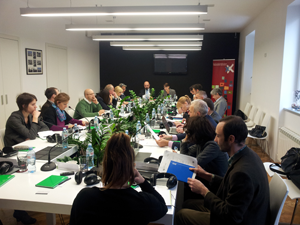
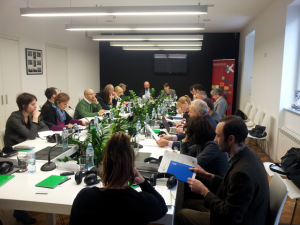 The second consultative meeting with regard to the Draft Strategy for the Prosecution of War Crimes was held on Tuesday, October 28th, 2014, in the Library of the Humanitarian Law Center (HLC). The meeting was dedicated to the pre-trial phase in cases of war crimes.
The second consultative meeting with regard to the Draft Strategy for the Prosecution of War Crimes was held on Tuesday, October 28th, 2014, in the Library of the Humanitarian Law Center (HLC). The meeting was dedicated to the pre-trial phase in cases of war crimes.






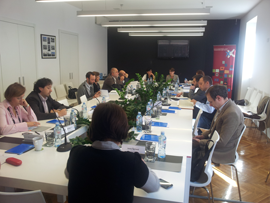



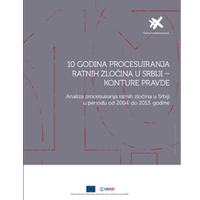
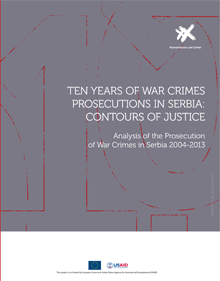
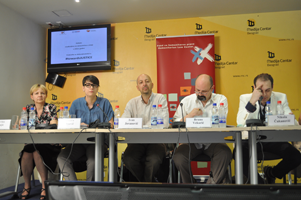


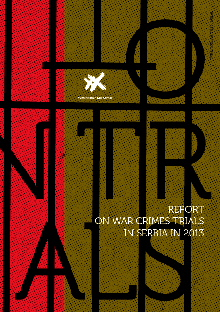 The Report on War Crimes Trials in 2013 is based on the monitoring and analysis of war crimes trials before the Higher Court in Belgrade, Court of Appeal in Belgrade and the courts of general jurisdiction in Nis, Pozarevac and Prokuplje.
The Report on War Crimes Trials in 2013 is based on the monitoring and analysis of war crimes trials before the Higher Court in Belgrade, Court of Appeal in Belgrade and the courts of general jurisdiction in Nis, Pozarevac and Prokuplje. 
 After a retrial, the Higher Court in Belgrade again convicted Marko Kashnjeti on June 21st, 2013 to two years of imprisonment for a War Crime against a Civilian Population committed on June 14th, 1999 in Prizren. The Humanitarian Law Center (HLC) holds that the evidence presented in the trial does not point to the conclusion that Mark Kasnjeti is responsible for the crime he was charged with and that the judgment is marked by errors made by the court in the evaluation of evidence.
After a retrial, the Higher Court in Belgrade again convicted Marko Kashnjeti on June 21st, 2013 to two years of imprisonment for a War Crime against a Civilian Population committed on June 14th, 1999 in Prizren. The Humanitarian Law Center (HLC) holds that the evidence presented in the trial does not point to the conclusion that Mark Kasnjeti is responsible for the crime he was charged with and that the judgment is marked by errors made by the court in the evaluation of evidence.